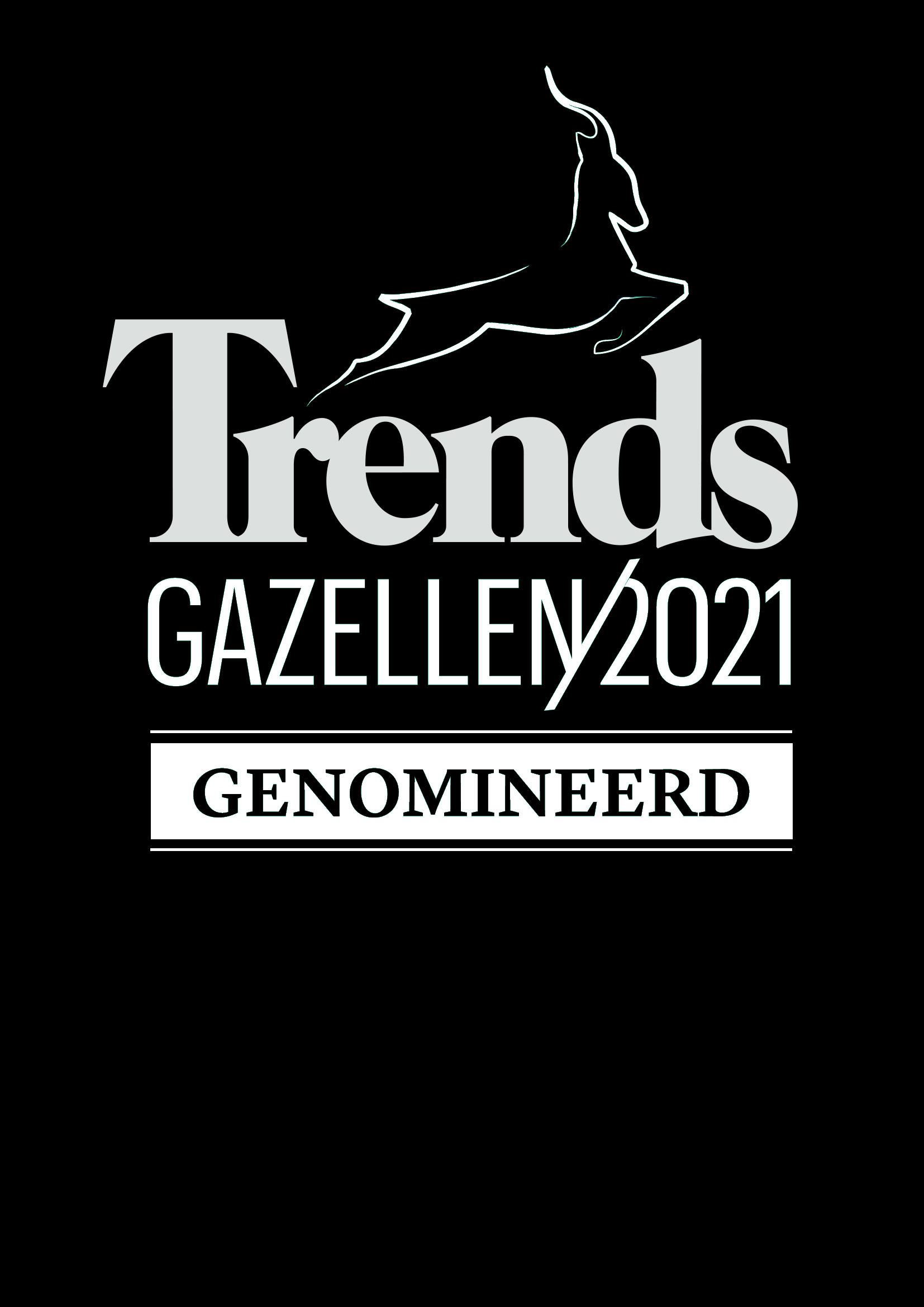New nonlinear least squares solvers in R with {gslnls}
Introduction Solving a nonlinear least squares problem consists of minimizing a least squares objective function made up of residuals $g_1(\boldsymbol{\theta}), \ldots, g_n(\boldsymbol{\theta})$ that are nonlinear functions of the parameters of interest $\boldsymbol{\theta} = (\theta_1,\ldots, \theta_p)'$: $$ \boldsymbol{\theta}^* \ = \ \arg \min_{\boldsymbol{\theta}} \frac{1}{2} \Vert g(\boldsymbol{\theta}) \Vert^2 $$ In the context of regression, this problem is usually formulated as: $$ \begin{align} \boldsymbol{\theta}^* & \ = \ \arg \min_{\boldsymbol{\theta}} \frac{1}{2} \Vert \boldsymbol{y} - f(\boldsymbol{\theta}) \Vert^2 \\ & \ = \ \arg \min_{\boldsymbol{\theta}} \frac{1}{2} \sum_{i = 1}^n (y_i - f_i(\boldsymbol{\theta}))^2 \end{align} $$

